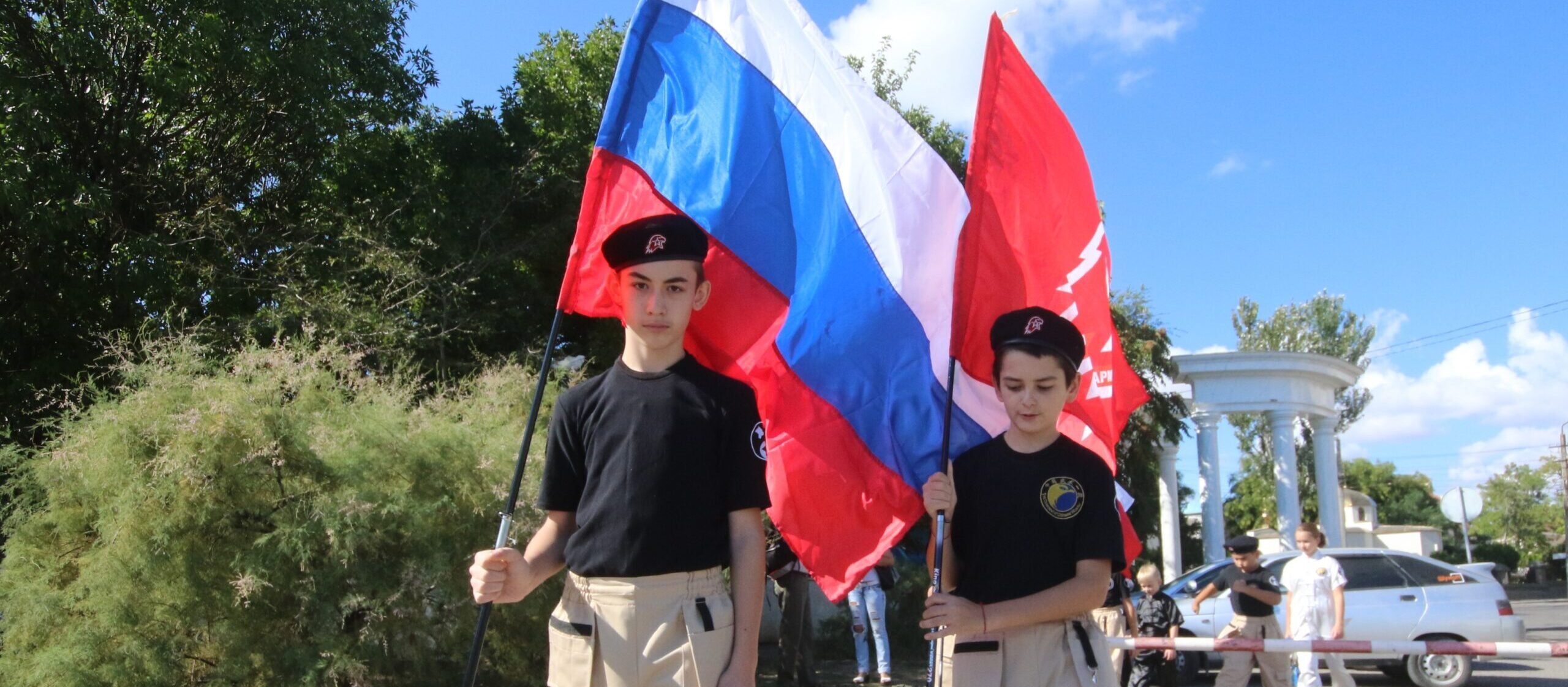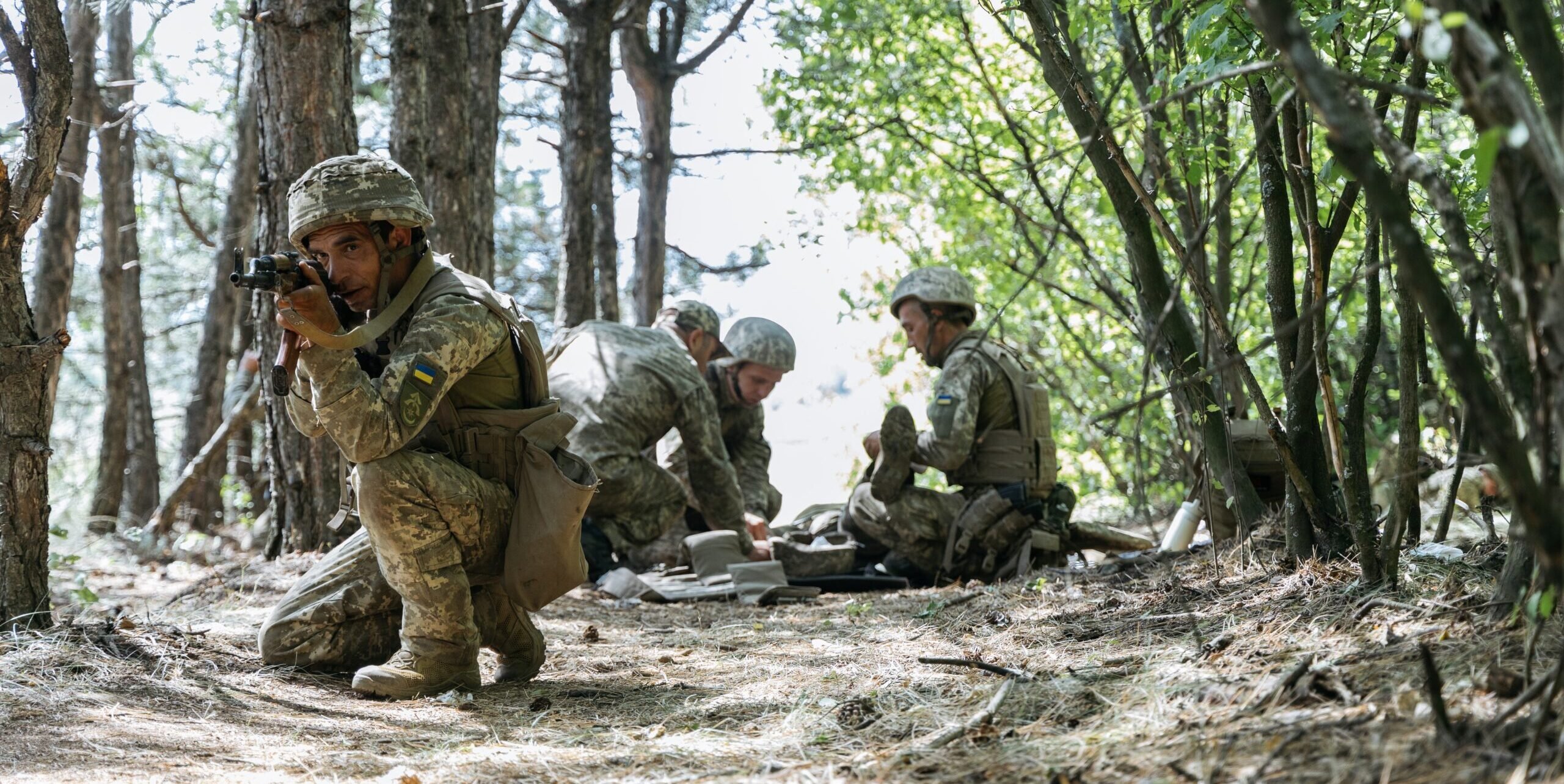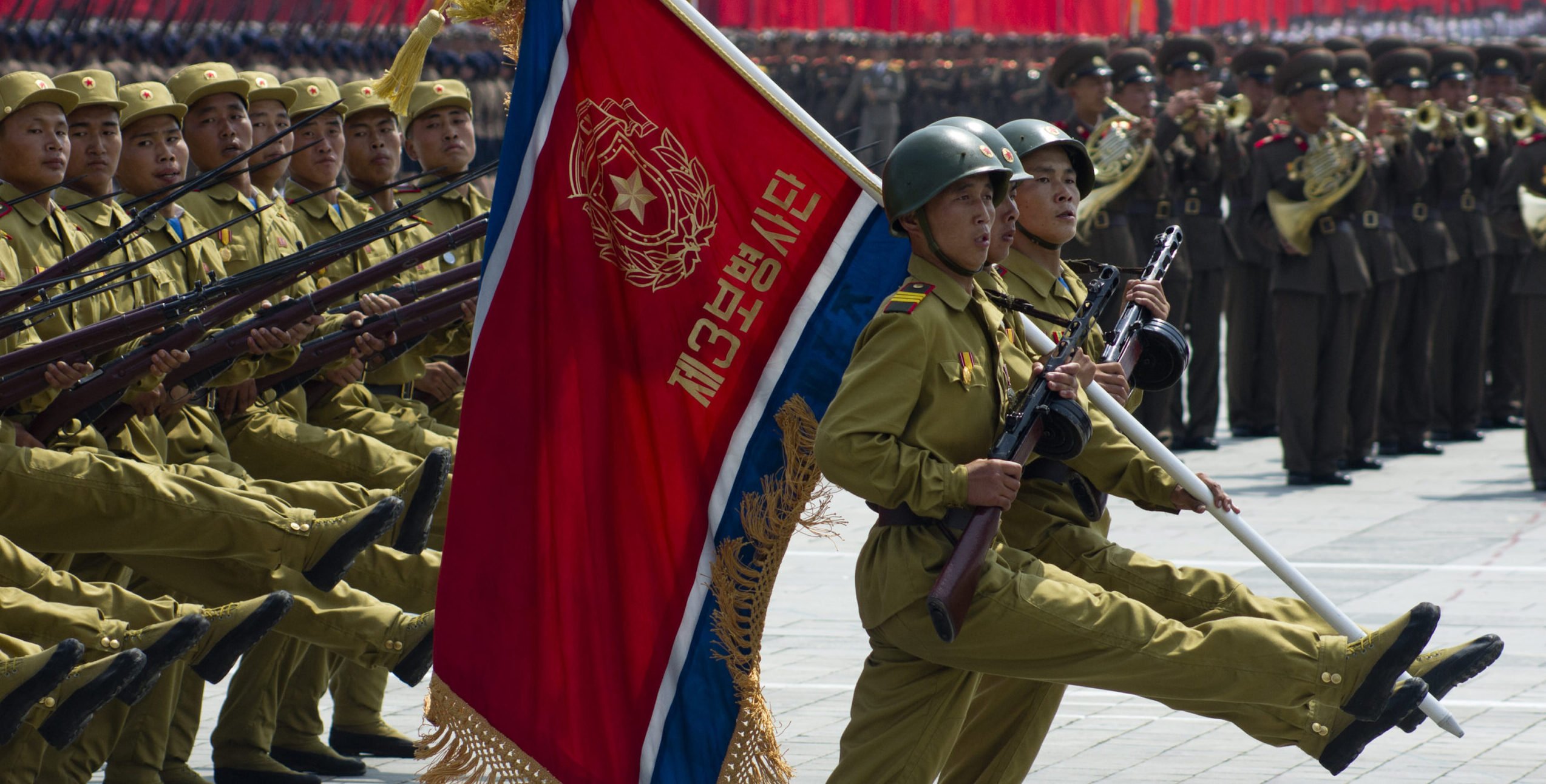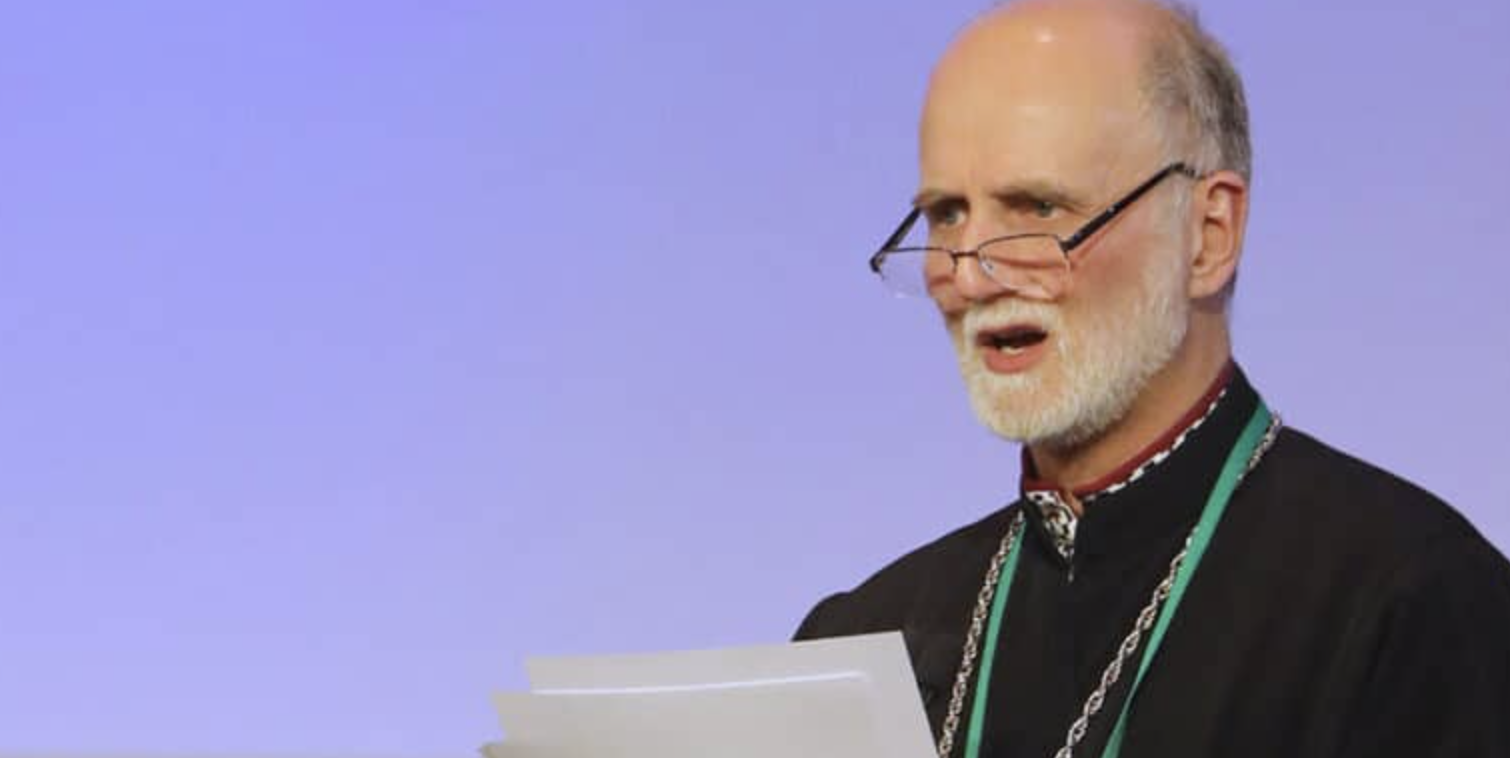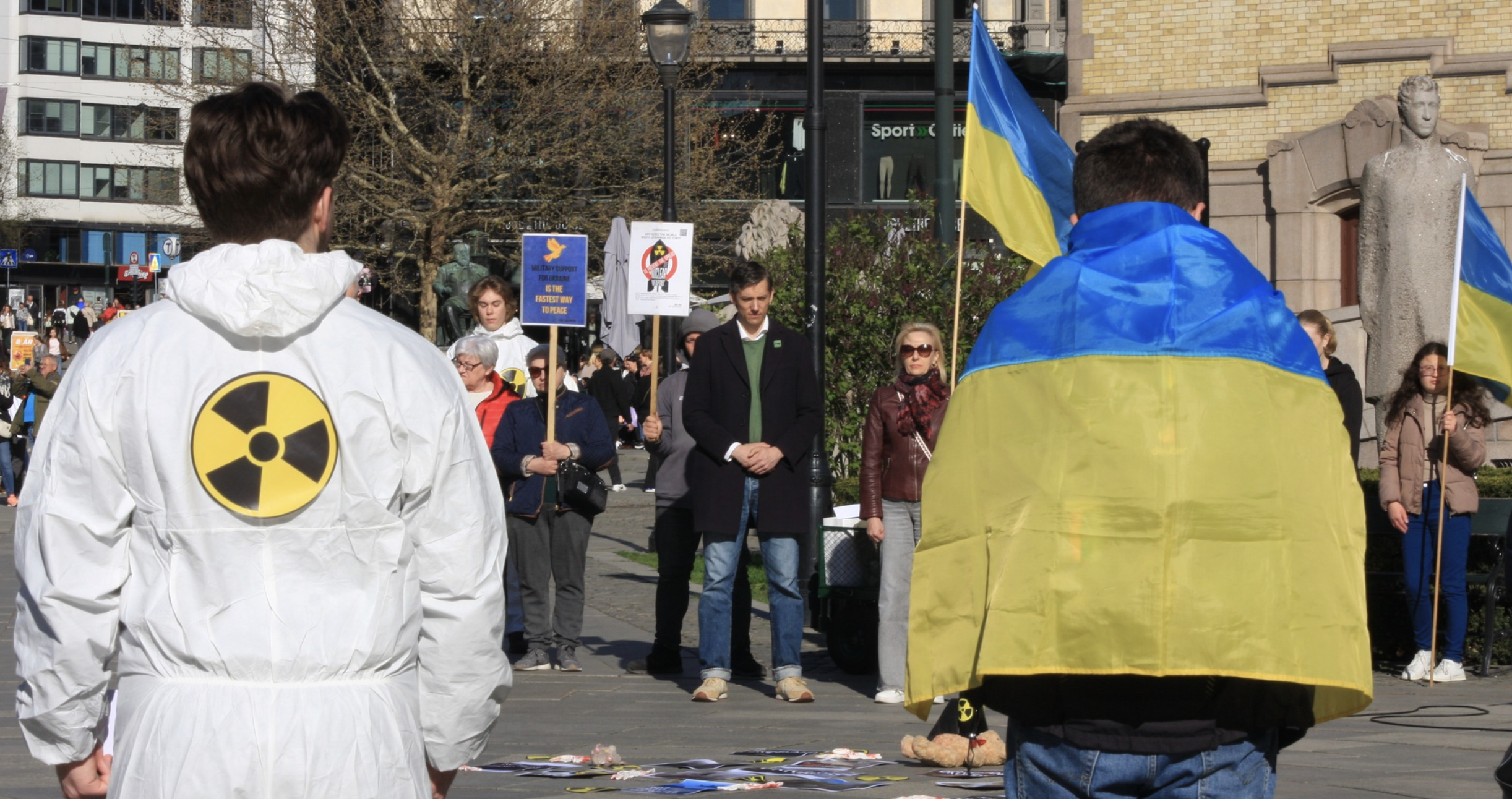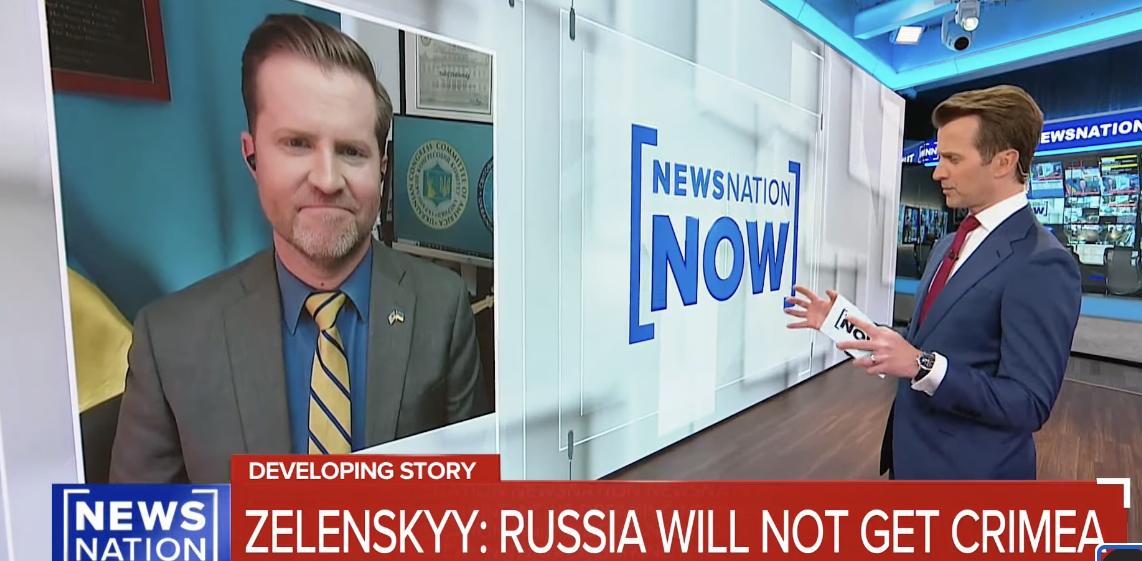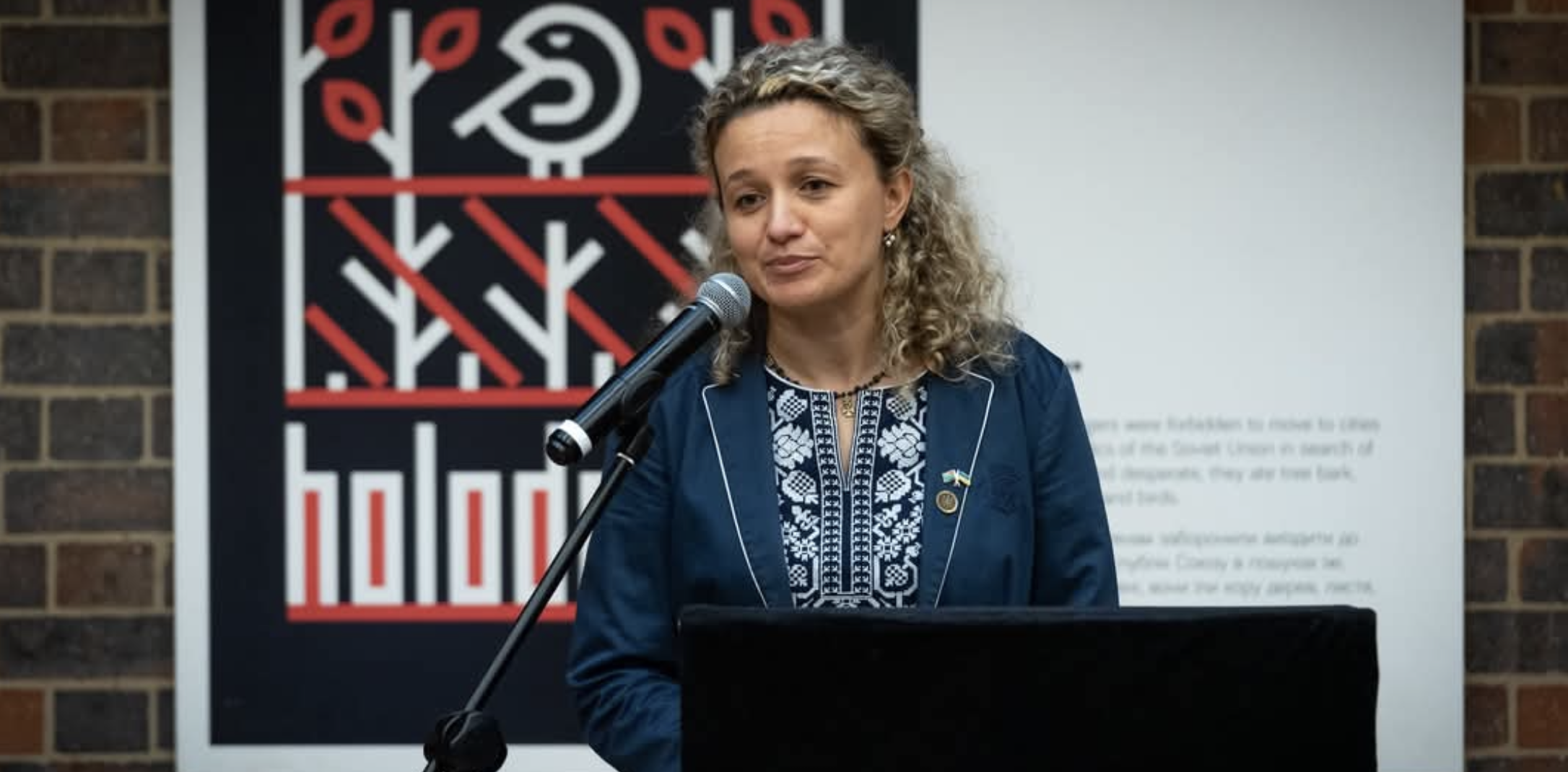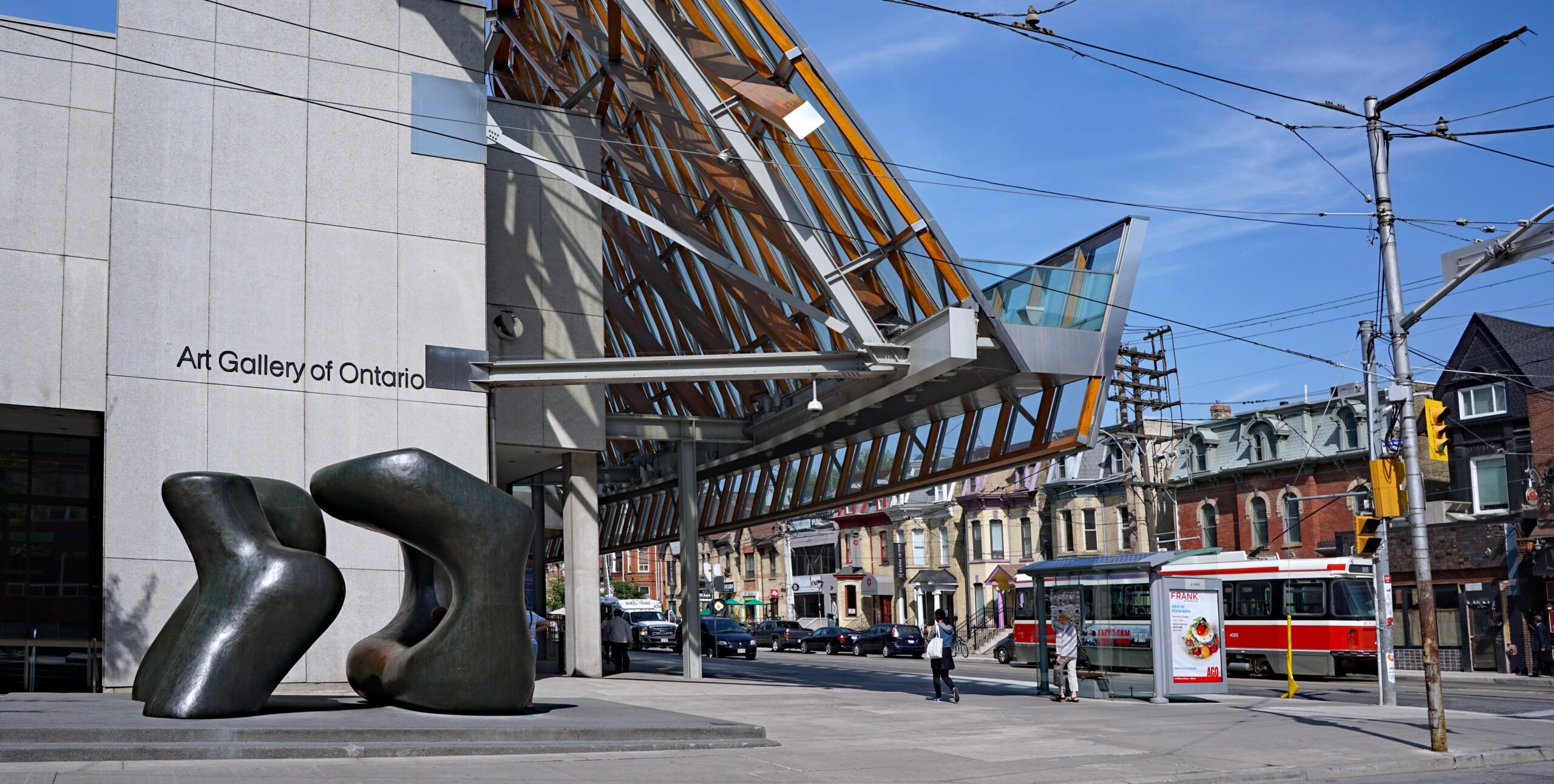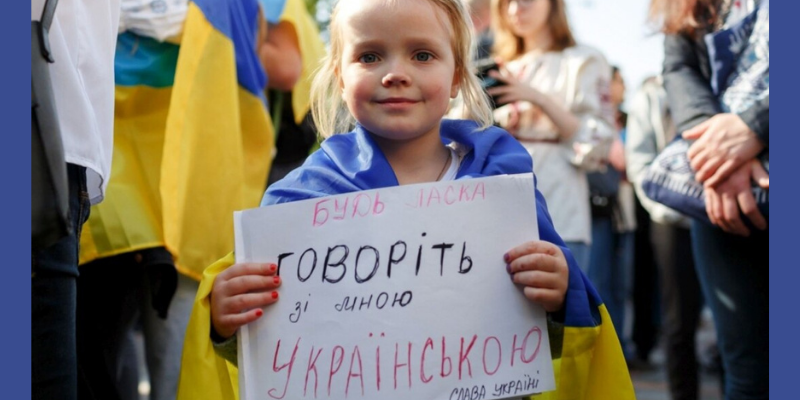
On June 28, on the Constitution Day of Ukraine, the State Language Protection Commissioner Taras Kremin provided information to the media and the general public about russia’s policy of linguocide in the occupied territories of Ukraine as a way to dismantle the constitutional order of Ukraine and an element of genocide against the Ukrainian people.
The Commissioner stated that he had initiated the collection and documentation of the facts of linguocide – the aggressor nation’s actions in the temporarily occupied territories aimed at removal of the Ukrainian language from public space and public use, as well as discrimination, harassment or persecution of Ukrainian citizens because of language.
Taras Kremin emphasized that the issue of linguocide was one of the cross-cutting issues in the decision of the Constitutional Court of Ukraine of 14 July 2021 on the recognition of the language law as constitutional. “Therefore the issue of threats creating a danger for national identity, national symbols, every citizen of Ukraine and statehood is among the priorities”, – he pointed out.
“We receive information about the occupiers’ and collaborators’ actions from open sources, messages of security services, mass media, authorities and local government bodies, etc.”, – the Commissioner said.
Thus, according to the data from open sources, more than 100 facts have been recorded pointing to the purposeful destruction of the state language in various fields of public life, the actual deprivation of citizens’ right to use, study and learn the Ukrainian language, the discrimination and persecution of persons who demonstrate their Ukrainian national identity in public, in particular by speaking Ukrainian at the territories that were or are under temporary occupation (encirclement, blockade) starting from February 24, 2022.

Acts of linguocide are accompanied by threats, intimidation, use of physical force, psychological pressure, restriction of liberty, kidnapping, tortures, murders and other crimes against the citizens of Ukraine.
Media sphere
Shellings of Ukrainian television towers, switching off or seizing the Ukrainian TV channels and radio stations, kidnapping and murders of journalists, and launching the broadcast of their own propaganda channels were among the first steps of the occupation administrations. Such examples were recorded in the occupied cities of Zaporizhzhia and Kherson region: Melitopol’, Berdiansk, Enerhodar, Nova Kakhovka, Tavriisk, Kherson and Kakhovka.


Public space
The photo of dismantling of the Ukrainian-language sign at the entry into Mariupol’ has circled the globe. This fact is not the only one. In Kherson, Melitopol’, Nikolske, Mykhailivka, Vasylivtsi, Berdiansk, Dniprorudne and Vovchansk the occupiers not only change the entry signs for the russian-language ones but they also dismantle and destroy the national symbols, Ukrainian banners, memorial boards to fallen Ukrainian soldiers, change signs for the russian-language ones on premises of the state government buildings.


Educational process
Ukrainian education has become another victim of the war. The facts of switching of general secondary education institutions to the russian language of study and russian educational programs, dismissal of school directors because of their refusal to work with the occupiers, forcing the school directors to declare “loyalty to russia”, replacement of history textbooks, introduction of positions of “political instructors” at schools, etc. have been recorded in Katiuzhanka, Donske, Melitopol’, Volnovakha, Mariupol’, Henichesk, Kakhovka, Berdiansk and Skadovsk. In Mariupol’ occupied by the russian federation the occupiers started creating a branch of the paramilitary organization “Young Army”.


Cultural space
Numerous facts containing the signs of linguocide have been recorded in the sphere of culture. We see how the Ukrainian-language books are eliminated from libraries in the temporarily occupied territories, brought out and burned. Moreover, in the occupied settlements of Donetsk, Luhansk, Kherson, Zaporizhzhia, Kyiv and Kharkiv regions (Melitopol’, Kherson, Nova Kakhovka, Mariupol’, Kozacha Lopan’ (Kharkiv region), Bucha, Verkhniotoretske, Shchastia) numerous cases of carrying out cultural events in russian have been noted, newspapers are published and distributed in russian.


Sphere of formal communication
Use of the russian language by collaborators and representatives of the occupation authorities to spread pro-russian propaganda and inform the citizens has been recorded. The russian language in the temporarily occupied territory becomes the language of acts, work, business correspondence, documentation, etc.


The recorded facts do not pretend to be comprehensive, they are a certain generalization, but they provide an opportunity to characterize the range and methods used by the occupiers in their attempts to overthrow the constitutional order, to destroy the Ukrainian statehood and identity in general.
Collected materials are regularly sent to state institutions, international human rights organizations, to the European Federation of National Institutions for Language (EFNIL) an associate member of which is Ukraine. The collection and systematization of information about the facts of violation of language rights of Ukrainian citizens in the occupied territories to prepare appeals to international organizations and to file claims to international courts, introduction of sanctions and initiation of criminal cases against persons who implement the occupant’s policy of curtailing the scope of use of the state language, making efforts to apply sanctions against the russian federation for human rights violations are among the constant tasks.
“The system implementation by the occupiers of the policy of linguocide in the occupied territories and in the areas of operations is a criminal violation of international law and the laws of Ukraine which must be properly recorded, investigated and brought to court. The guilty persons must be identified and punished”, – the Commissioner emphasized.
